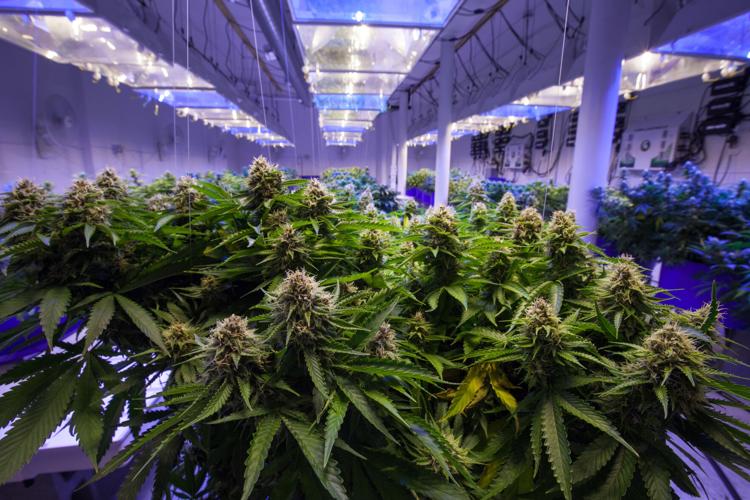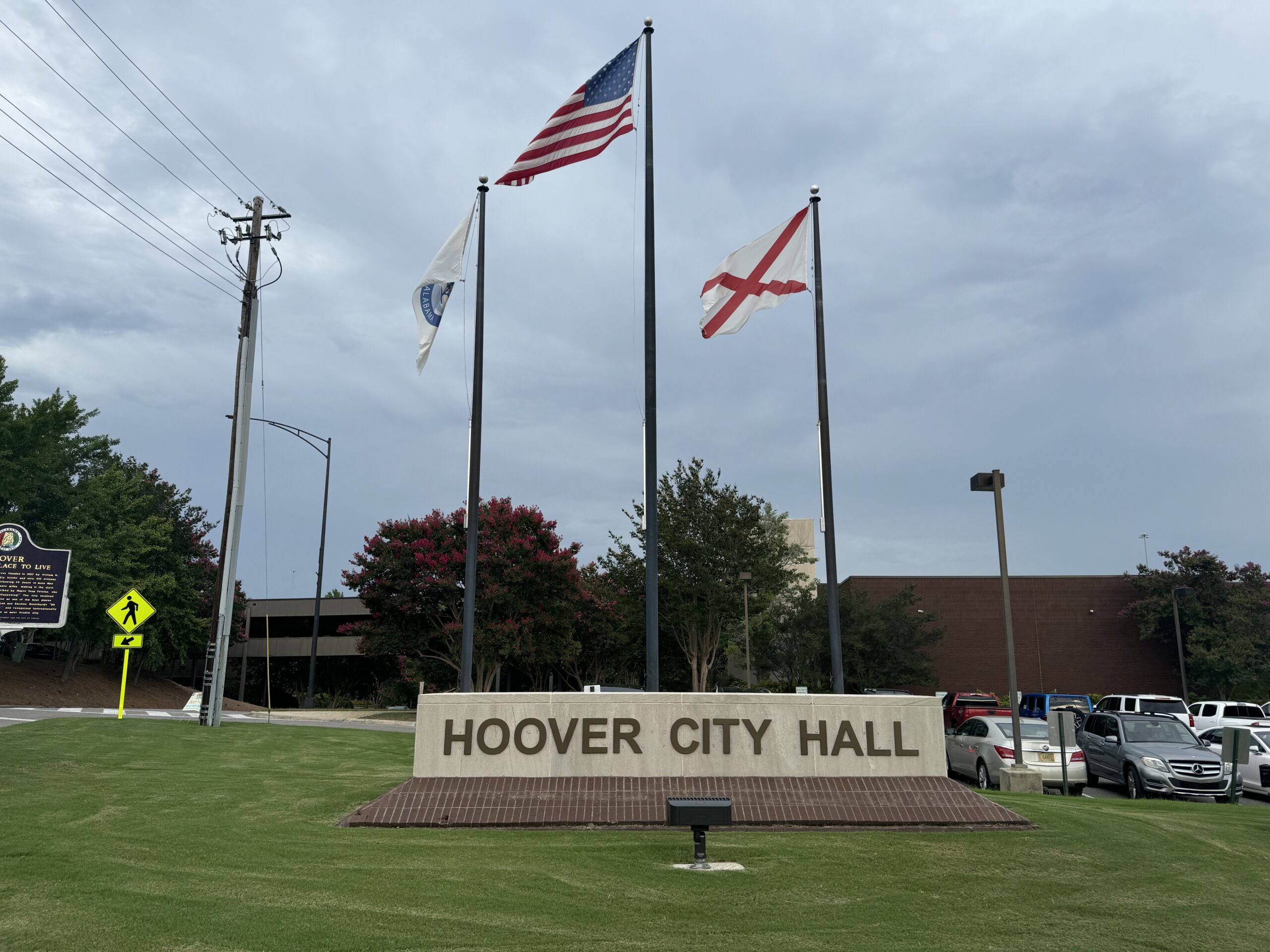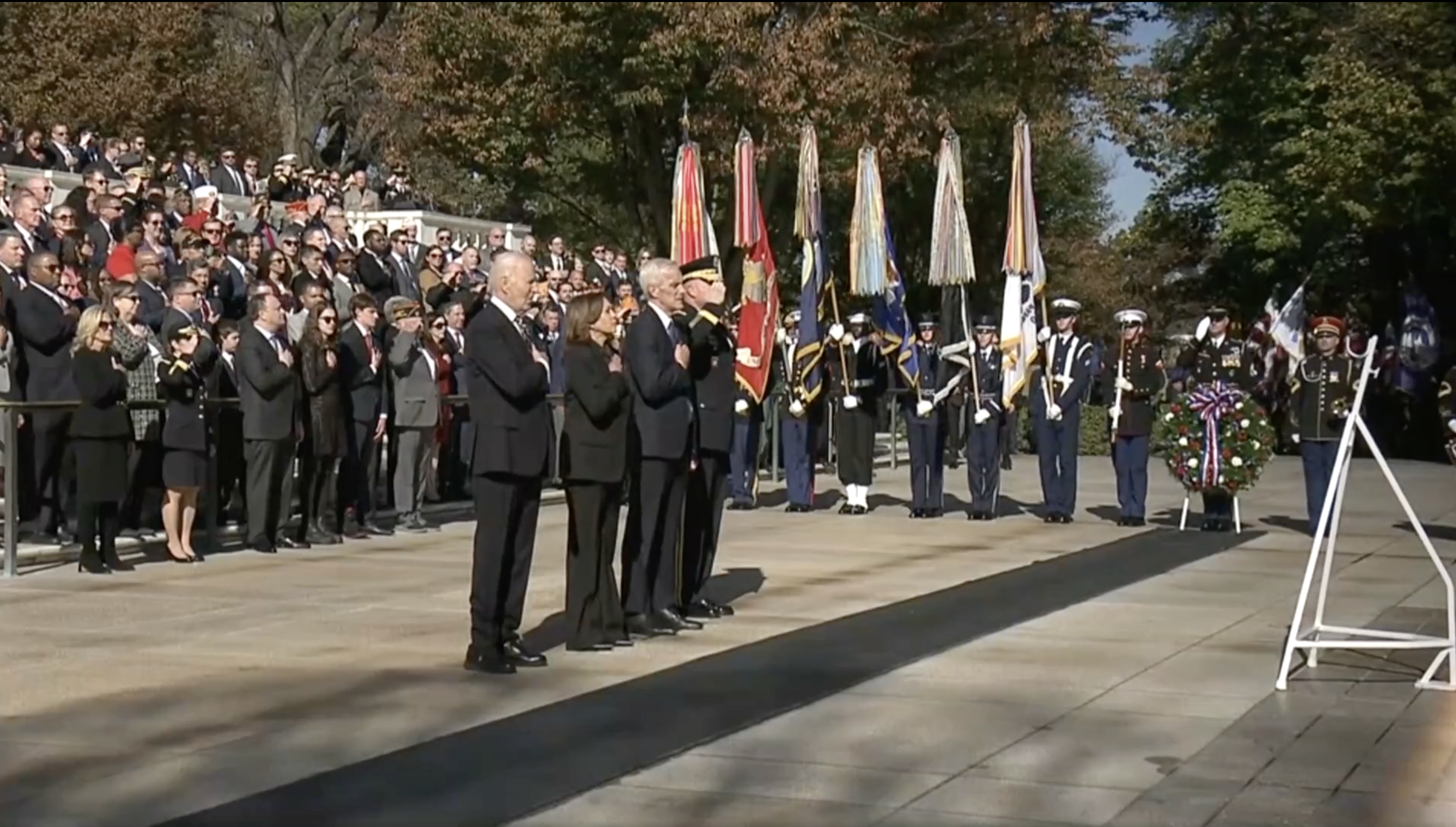In June, the Alabama Medical Cannabis Commission (AMCC) awarded licenses to 21 business entities to kick off Alabama’s legal cannabis industry. Failed applicants turned to the courts. Those June awards, as well as the ones in the August do-over meeting, were all rescinded, and the state is not any closer to having legal medical marijuana than it was six months ago.
On Tuesday, the AMCC will try again. The AMCC is scheduled to meet at 1:00 pm in Room 200 at the Alabama State House to issue the integrator awards.
The integrator awards allow the possessor of the license to cultivate, process, dispense, and transport medical cannabis. These are the most desired of the six license categories and, thus far, have been the most litigated. The statute limits the number of integrator licenses the AMCC can award to a maximum of five. Thirty-six business entities have applied for those five cannabis integrator awards.
On December 1, the AMCC awarded the cultivator, processor, laboratory, and secure transporter awards.
To settle ongoing litigation, the scores given by independent evaluators hired by the University of South Alabama (USA) cannot be considered by the commissioners. Instead, the twelve commissioners will rank the 36 applicants from 1 to 36, with 1 being the best and 36 being the worst. The scores will then be averaged, and the top five applicants will receive the integrator awards.
Alabama Always LLC sued when they failed to win a license in June, and they have already filed a lawsuit before Tuesday’s meeting. In June, they objected to the scoring that did not rank them among the top five applicants. The AMCC rescinded those awards and agreed not to consider the USA scoring. In the latest lawsuit, Alabama Always alleges that a minority of commissioners and the AMCC staff are biased against them. They want the 1 to 36 rankings discounted and the awards made in up or down majority votes.
Any applicant denied a license has a 16-day period to appeal the decision to the Commission. The Commission is hopeful that the licenses can be issued during their next meeting on December 28 and that Alabama’s first legal cannabis crop can be planted in greenhouses and indoor grow facilities in January. That timeline could be further delayed by litigation. One failed processor applicant has already filed a federal lawsuit after not receiving a cannabis processor license. If a court issues a temporary restraining order on issuing the licenses while litigation makes its way through the courts, this process could be substantially delayed.
The legislation legalizing medical cannabis was passed in 2021. No smokable product or raw plant material will be legally sold in the state. Patients must receive a recommendation from a doctor to obtain cannabis.
Alabamians with a demonstrable medical need will not be able to obtain cannabis products until late March at the earliest.
To connect with the author of this story or to comment, email brandonmreporter@gmail.com.
Related
Share via:














